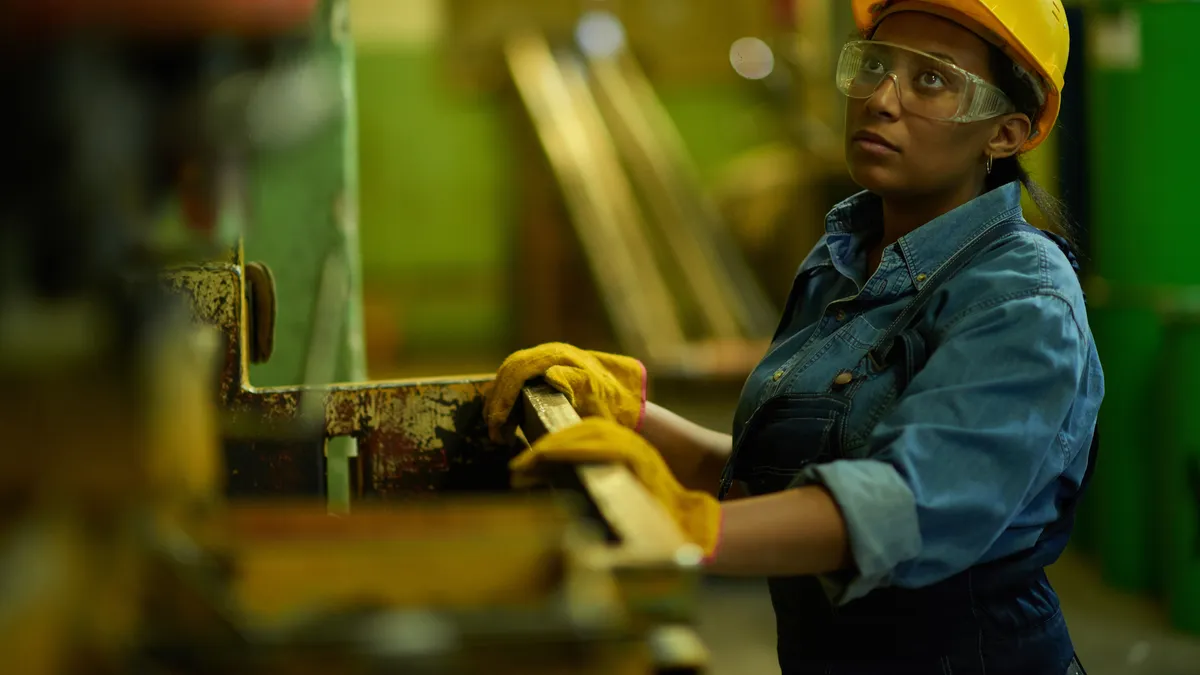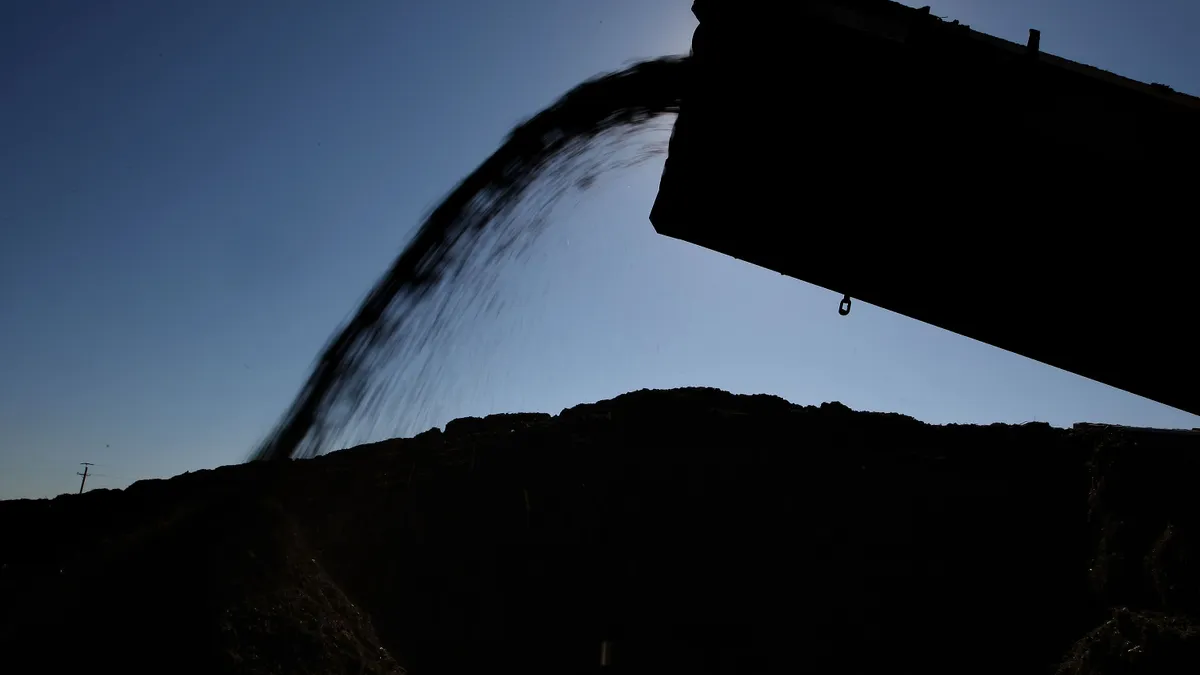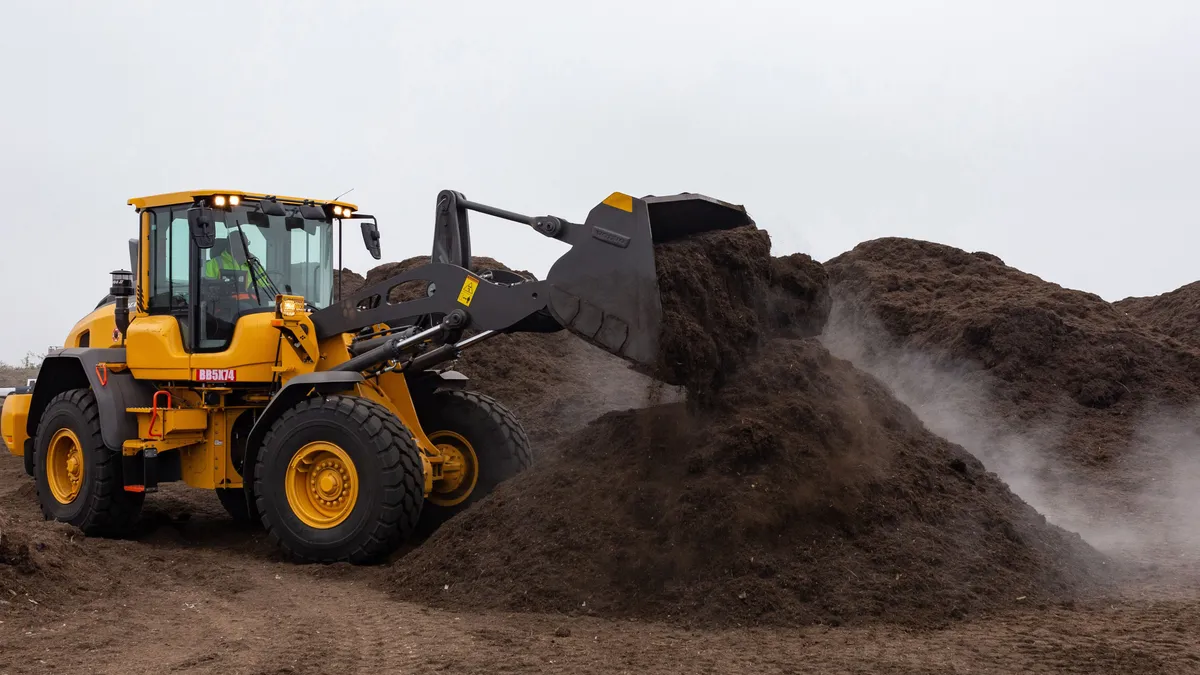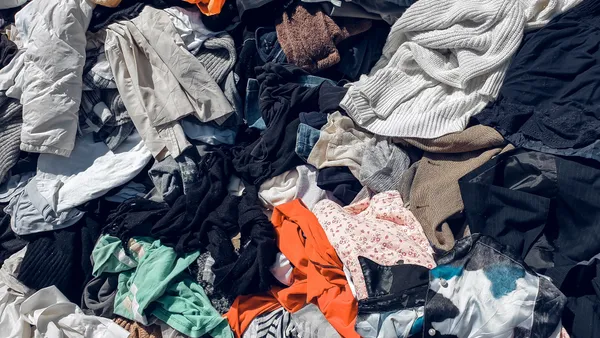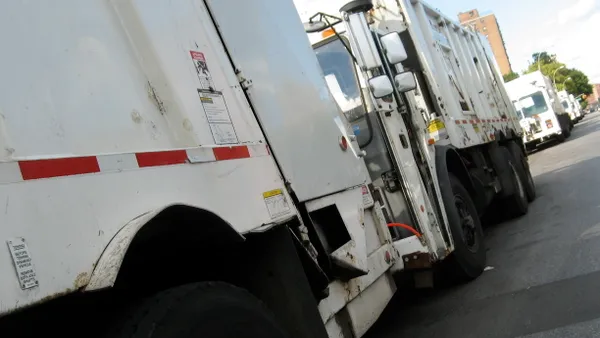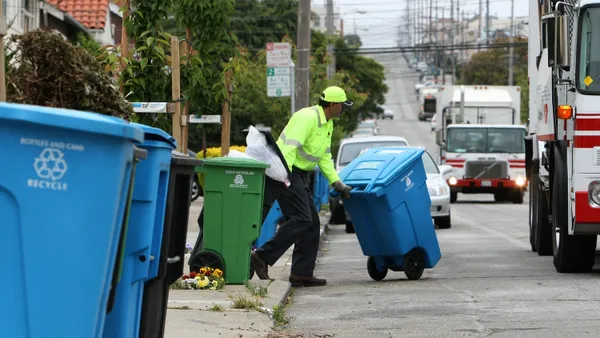Editor's Note: This piece was written by Meleesa Johnson, director of Marathon County Solid Waste Dept. in Wisconsin and president of the Associated Recyclers of Wisconsin. The opinions represented in this piece are independent of Waste Dive's views.
Shortly after I began my waste resource management career, I attended a conference where a session was titled, "Garbagemen Talk Trash." The title made me bristle, but as the new kid on the block I thought I would put aside my long-held feminist beliefs and attend the session. However, as I was about to walk in the room, I stopped dead in my tracks at the door.
Seeing this the moderator waved at my female colleague and me. "Come on in girls!" he shouted. I shook my head and agonized over this seemingly simple decision. I thought of my granddaughter, my daughters, my female friends, my female colleagues. I could not, in good faith to my philosophy that one should stand firmly for equality and justice, move past the threshold. I certainly am not a man and most definitely am no longer a girl.
"Thanks," I shouted back at the moderator, "But it appears that I don’t have the correct anatomy for this discussion!" As I turned to walk away I glimpsed his very apparent jaw-drop and heard him mumble something about "it’s just a title…what difference does it make?"
It makes a difference. A big difference then and now, especially as there appears to be a "global" effort to change the stereotypical view "garbage men."
According to Merriam Webster, a stereotype is "a standardized mental picture that is held in common by members of a group and that represents an oversimplified opinion, prejudiced attitude, or uncritical judgment.” Stereotypes are mental shortcuts that are the root of knee-jerk conclusions about people or groups and quickly become imbedded in our behaviors.
The American Association of University Women has written that stereotypes and biases can "serve to unfairly and sometimes unintentionally keep qualified, capable people out of jobs or positions of power." And the National Institute of Health reports that when it comes to workplace gender inequality embedded biases are responsible for female applicants being "less likely to be interviewed or called back, compared with male applicants" of equal qualifications.
Now to the point of my diatribe.
I am emphatically in support of working to change the stereotype that sanitation workers are lesser human beings and the "yuck" perception about managing solid waste. I have spent my entire career shouting from the proverbial mountaintops that waste management is a noble profession. We work every day to make our communities safe, to protect human health and preserve the environment. While on my way to WasteCon a couple of years ago, my cab driver, a student from Nigeria, said that he saw proper waste management as key to moving a third-world country to that of an emerging economy. That’s pretty darned important.
"I have spent my entire career shouting from the proverbial mountaintops that waste management is a noble profession."

Meleesa Johnson
Director of Marathon County, WI Solid Waste Dept.
However, no matter the good intentions of Global Garbage Man Day and its related efforts, it is missing the mark by maintaining a stereotype that only men can be a part of this honorable occupation. I appreciate the new logo with its stylized female and male figure, but the headlines are still emblazoned with the male stereotype. What will the world first see? The logo and its attempt to equalize or the big fat headlines? What new stereotype will the world walk away with as they quickly scan a website or news article?
Recently I sat in an engineering meeting as part of our landfill expansion work. The meeting consisted of ten people: four men and six women. Of the six women, five are interns from Wisconsin universities working on degrees in either engineering or waste resource management.
The senior engineer on the project looked around the room and said, "This is the first time I have been in an engineering meeting where men are in the minority." He smiled and nodded to each of these emerging waste management professionals, as I raised my hands in a power salute to the work the Marathon County Solid Waste Department has done to foster equality and empowering women to enter fields traditionally held by men. I don’t think the young women in that room realize the barrier that was broken at that moment, but hopefully it will shatter any embedded stereotypes they may have that only men can be "garbage men."
Words matter. Hopefully as we move to change stereotypes about managing waste, we also show the world that this industry, the one I love, is the one that will shatter all barriers for anyone wishing to be a part of a noble profession.


